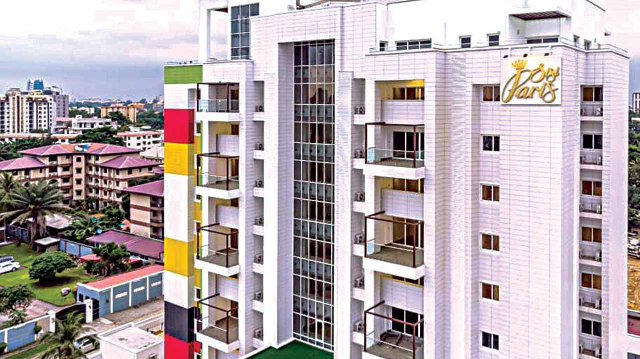A member of the Central Bank of Nigeria (CBN) Monetary Policy Committee (MPC) has said the weakening global oil prices and intervention in the foreign exchange market is taking tolls on the nation’s external reserves.
Nigeria’s foreign reserves have dropped to $41.39 billion as at October 9, 2019, from $43.11 billion it closed in 2018.
A committee member, Mike Obadan in his personal statement, noted that high volatility in oil prices due to increasing geopolitical tensions and changes in demand for and supply of oil.
He said the Organization of Petroleum Exporting Countries (OPEC) reference basket monthly average crude oil price declined by 9.02 percent from $64.71 per barrel in July 2019 to $59.69 per barrel in August.
”This is not good news at all for Nigeria. It has adverse implications for the country’s budget performance, external reserves and stability of the exchange rate as well as the desire for improved growth performance,” he said.
According to him, in recent months, external reserves have trended downwards, declining from $43.97 billion as at July 31, 2019, to $ 41.79 billion as at September 16, 2019, or by $ 2.181 billion or 4.9 percent.
He disclosed that the decline in external reserves reflect weakening oil prices and CBN interventions in the foreign exchange market to ensure exchange rate and price stability.
He said the stock of reserves could finance over nine months of imports of goods and services at the end of July 2019, there is a need to watch this level considering that the reserves stock at the end of June 2019 could finance over 12 months imports.
”More importantly, the level of reserves has implications for capital inflows and outflows. A weakened net capital inflows position, due to weakening oil prices and external reserves position is helpful to exchange rate stability or the easing of the monetary policy stance.
”This thus suggests the need to avoid monetary policy responses that could worsen the capital flows position and, hence external reserves and exchange rate stability,” he noted.
The Deputy Governor, Financial System Stability, CBN, Mrs. Aisha Ahmad, noted that external developments that include the recent attack on Saudi Arabia’s crude oil processing facility, increased uncertainties plaguing the global business have led to volatility in the global oil prices, calling for urgency for domestic revenue diversification in the country.
In her words, “A key consideration for Nigeria has been the potential effects of these external developments on our investment competitiveness, reserves position and exchange rate stability.
”Despite the slight decline in external reserves, its current level ($42.5billion as at 16th September 2019) is sufficient to ward off these threats in the medium term while more sustainable economic reforms are being explored.”
Commenting from a different perspective, the CBN governor, Mr. Godwin Emefiele vowed at driving inflation rate in the country to a single-digit and build significant reserves buffers to defend the local currency.
He said, “Since the key mandate of the CBN remains price, monetary and exchange rate stability, I am committed to driving inflation to single-digit levels and building sufficient reserves buffers to defend the naira.
”Today, my immediate predisposition is that the current level of real policy rate is appropriate to balance the objectives of exchange rate stability, price stability and output stabilization without introducing disruptive policy shocks.”
Source: Nigerian NewsDirect













